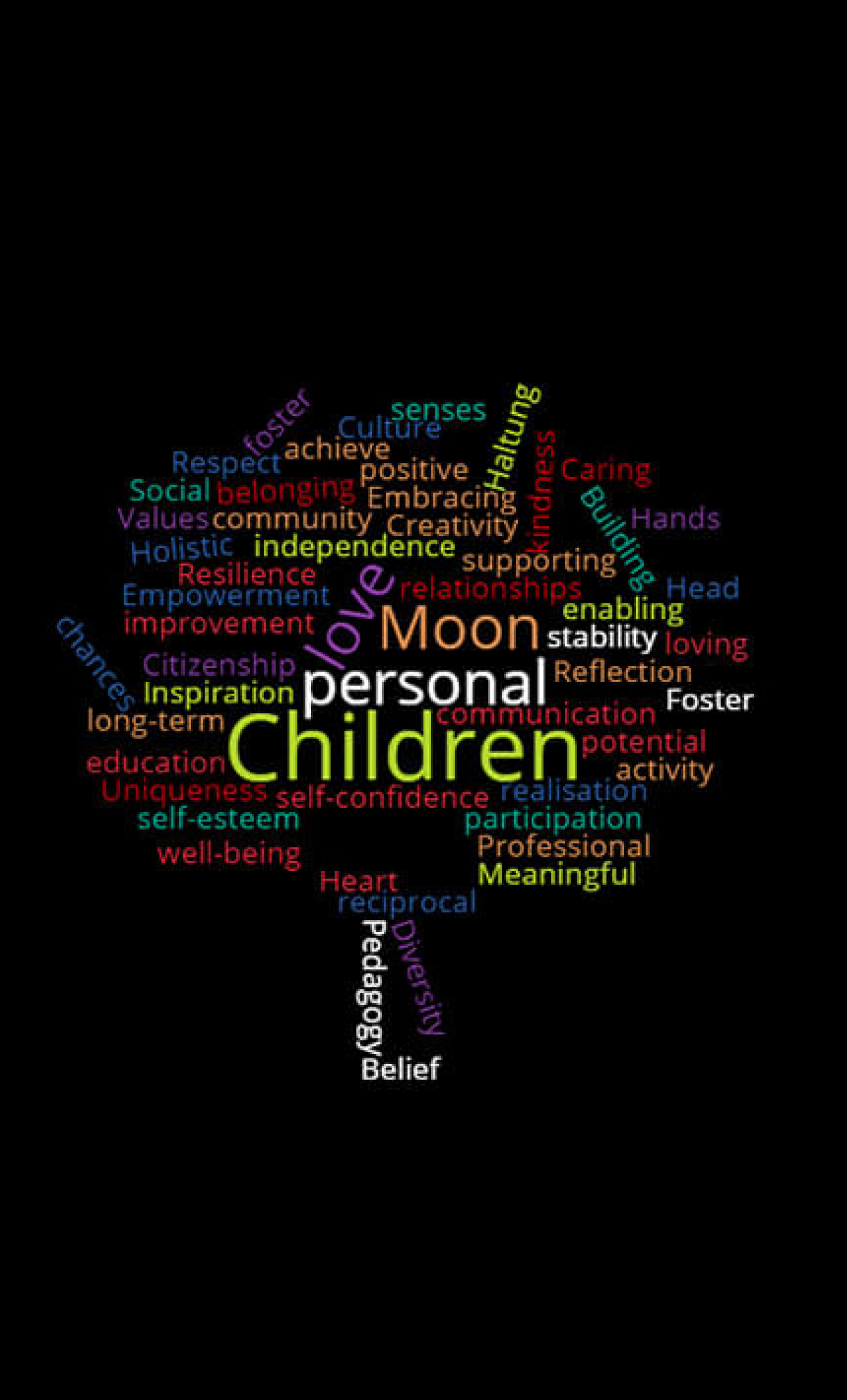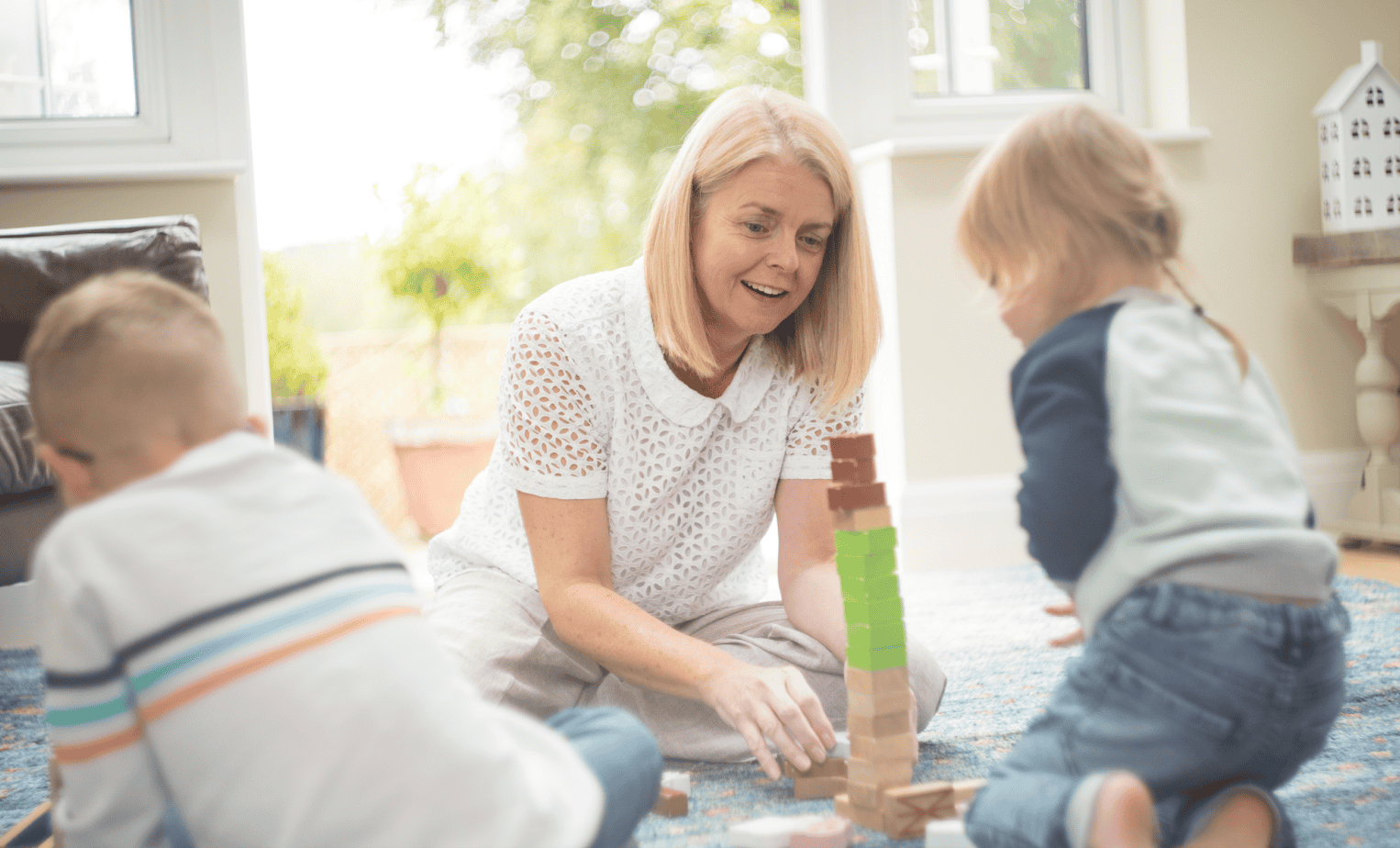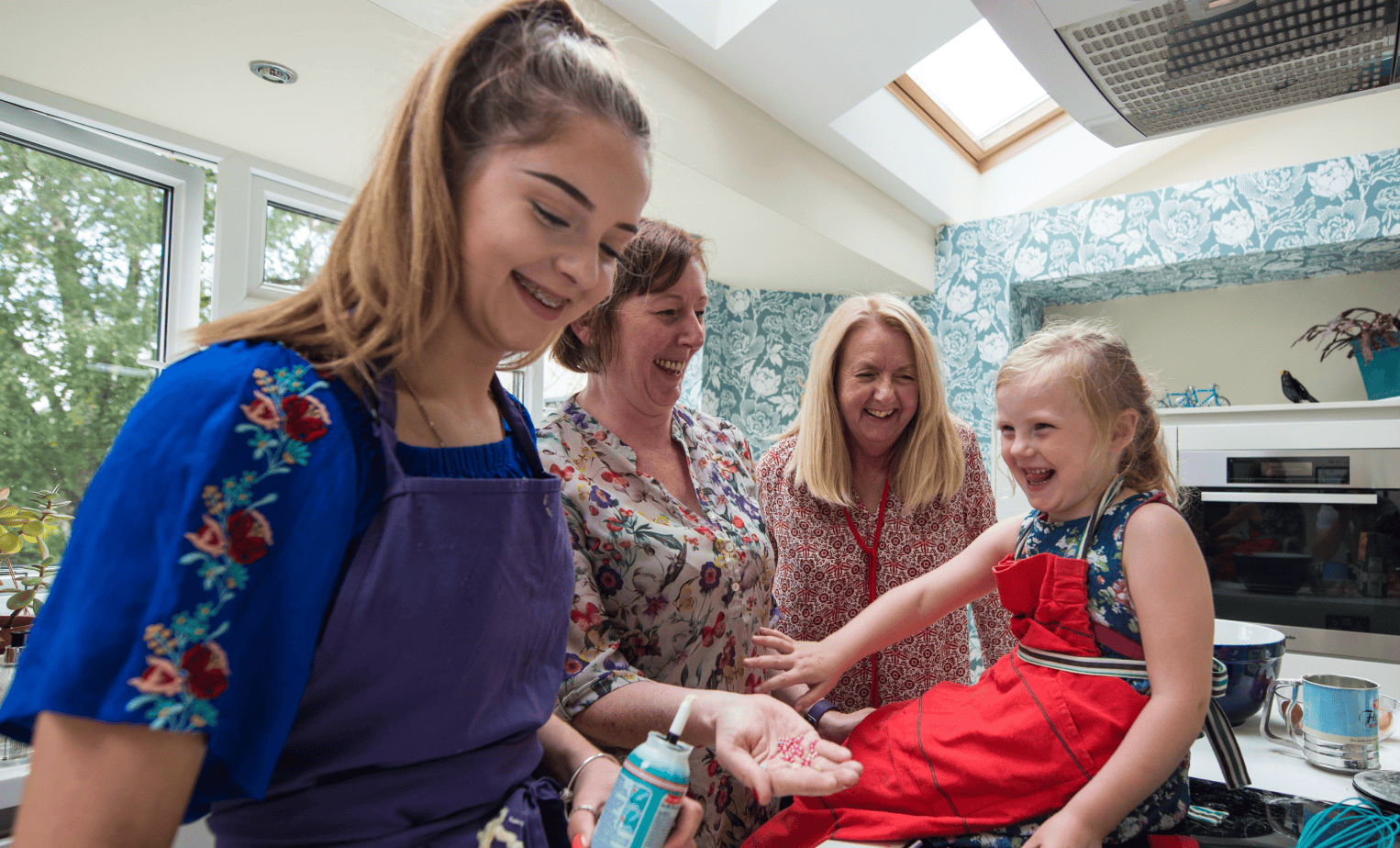When Alison and I decided to found a new fostering agency in 2016, we were explicit in our determination to develop an authentic organisation that truly focused on everyone in our team feeling valued, empowered and respected. Our values and mission, without intention, are perfectly aligned with what is becoming recognised as best practice in a social pedagogic organisation. We have worked to create a culture that has authentic relationships at the centre of our service. In achieving this we enable honest and open communication, true equal relationships and give respect to a person’s individuality. We believe this all arises from our ethos and desire to work ethically and fairly.
Neither of us are risk averse, which is quite unusual for social work and nursing professionals. That doesn’t mean that we do not have high levels of quality control and process in place, we certainly do, but what we do not do is let the process get in the way of our creativity and spontaneity when finding solutions and giving hope to young people. We believe that exposing young people to good levels of risk and enabling them to make decisions for themselves helps young people grow in confidence and thus helps them in their preparation for independence when leaving care.
We feel that outcomes for fostered children can be improved as a consequence of applying the key elements recognised in social pedagogy. We both feel very strongly that what we do is more than just a job, it is a way of serving the community. Families undertaking fostering and those working with children living in care, become very emotionally connected to children and subsequently greatly involved in the lives of others. It’s definitely more than a job! In becoming so connected its easy to become affected by the life stories and experiences of others and it is therefore vital that in order to protect our wellbeing that we take care of how we work both individually and as a team. It is why emotional support for everyone is essential whether this is for young people, foster carers or our staff. As Directors we are not exempt from this and systems are there to support us all.
Thempra refers to the need to respect the 3 Ps when working. The 3 P’s refer to the professional, personal, and private self “Building trusting and authentic relationships with children is very important in social pedagogy. Through relationships we can show children that we care, role model how they can have positive relationships with others, but also learn a lot about who they are. Without relationships we wouldn’t be able to really know a child, find out what they are thinking about and how they see the world. And without that we would not be able to help them, to support their development. After all, every child is very unique, and we can only appreciate their uniqueness if we know them well, if we look for their hidden talents and find out what brings them joy or causes them sorrow. For children themselves, these relationships are also very important, and they want to know who we are as a person, not just what we do as a professional.
This can often cause challenges for professionals about what it means to be professional and to what extent we are able to be personal. Social pedagogues would argue that we can’t be professional without being personal, so we have to be both. What we must avoid is not the personal but the private self.
The professional self is fundamental. It helps us explain and understand a child’s behaviour, for example to know that a foster child might refuse to go to school, not because he can’t be bothered but because he has had traumatic experiences in education before. So the professional self draws on our knowledge of the law, of relevant policies, and of research, practice evidence and theory connected to our field of practice. The professional self makes the relationship with a child purposeful, because as professionals we will have particular aims for the child.
The personal self is about how we engage with the child in a way that shows them who we are, so that we can develop a better, more genuine relationship with them. By actually being who we are and using our personality, but also showing our flaws, we can encourage children to be who they are. Using our personal self in a social pedagogical way requires a lot of professional reflections, to ensure we keep some personal boundaries whilst using ourselves as a resource for children to learn about relationships. We have to know what we aim to achieve through the relationship, how the relationship may help the child, why this requires us to be authentic and how we can ensure that this is beneficial to the child. For example, if a boy has just lost a parent we might choose to talk about someone we have lost who was dear to us, how we have felt and how we have coped with the loss. This might help the child see that he is not the only one who has been in such a situation and has felt very sad, and it might provide a chance to talk about how we can support him through this difficult period, how he might want to commemorate his parents.
The private self, sets the personal boundaries of what we do not want or should not share with a child and must therefore not be brought into the relationship. This is about putting some boundaries to protect the child and not become entwined or enmeshed with our personal issues. They do not need to hold our worries and stresses. This relates to over sharing. For example, if we are still feeling depressed about the loss of someone dear to us, then sharing this with the boy mentioned above could be very unhelpful for both of us.
It is also important to understand that often the private self has an effect on how we engage with a child, for example we might avoid talking to the boy who has just lost his parent, because we are not comfortable with managing sad feelings. We might unconsciously dote on a girl who reminds us of our daughter. Therefore we need to reflect on our own behaviour and recognise when our reactions to a child may have something to do with what is part of our private self. Having good trusting supervisors then allows us to be open to discuss this in supervision so that we can manage the professional, the personal and the private self.
What strikes me is the need to be very honest to ourselves about how we are feeling and reflect frequently without fear of being criticised or judged, we are human after all. We use reflection in supervision, day to day conversation and as a team we encourage each other to share how we really feel. I think that this is very refreshing. I have seen how tough this can be for some people who have experienced a different culture in other organisations, where perhaps this can be perceived as weakness in people who share their true feelings
The culture of a successful organisation feels safe and nurturing. I believe that the key elements of creating a safe but outcome focused organisational culture lies in the values of the organisation. Not the values on paper, but the values that are actually tangible in the workplace. How does the organisation we work for really feel like to us…How comfortable are we with how our organisation makes decisions and respects the opinions of others? How focused is the organisation on its people? I have seen great values written down in statements of purpose but they are not followed through and the values are not recognisable in day to day working, in which case they are worthless in my opinion. Our Ofsted Inspector this year, stated that our values were evidenced to be visible throughout everything we did.
“In pedagogic terms, this ethos, beliefs, attitude or way of working is called Haltung. In our interactions with others, our ‘Haltung’ will have an influence, because the way we think about others and our relationship with them affects the way in which we engage with them. Most children, for example, will know when we genuinely care about them or when we pretend to care. In a sense, our ‘Haltung’ shines through in our relationships with others, which in turn colours their behaviour towards us. ‘Haltung’ is fundamental to social pedagogy, because it demonstrates the importance of the professional being authentic.”
Social pedagogy is not rocket science. I believe it is how we all wish to be able to work. It is respectful, it enables us to feel equal, it listens and reflects, it makes subtle yet consistent changes for the achieving of better outcomes, it challenges us in a good way and it helps us feel that we are making a good difference to those we are supporting.
We believe that the outcomes for fostered children can be improved as a result of applying the key elements of social pedagogy. These align well with the foundations we have in place for our trauma informed practice, this is our strong knowledge of the impact of trauma and how it impacts both the person who experienced it and those working with that person. In basic terms it boils down to working holistically and keeping the person at the centre of everything we do, reflecting and making tweaks to consistently improve the relationships we have with children, but equally important those we have with foster carers and each other.
In research undertaken by the Fostering Network, a national organisation who piloted the use of social pedagogy in the UK showed one of the overwhelming outcomes was the increased length and stability of children’s placements with foster carer’s. Basically the better the relationship and trust between children and foster carer’s the longer a placement is likely to have… (not really rocket science is it?) The length and stability of the placements is a key success measurement for our fostering agency. We believe enabling children the chance to build long lasting relationships with our foster carer’s is worth the extra investment.
Our approach is to understand the experiences that our children have had, so that we can develop bespoke ways of working with them to support their continued growth as an individual. We provide key opportunities for foster carers to develop their understanding of how the experiences of children, living in care, play out in their emotions and behaviours, so that we can fully support them by understanding their specific needs.
By understanding the potential causes of a child’s emotional behaviour we can support the child to recognise where the feelings come from and how they might be able to manage and regulate these feelings. This gives great skills and resilience for young people to take in to their adult life.
We support our foster carers in undertaking activities alongside the children, encouraging meaningful discussion and the forming of foundations for strong bonds of trust.
We believe in taking a “risk sensible” approach. We feel that children within the care system should be able to live full lives and take the everyday risks that any other child would experience. Be that climbing a tree, building and sailing a raft or skateboarding, we believe these experiences can help children to grow.
We feel that, enabling children to experience managed risk builds their self-confidence and increases their ability to make better decisions for themselves, improving their ability to make good choices later in life and support their independence after leaving care.
Each of our foster carers are offered training linked to the theories of social pedagogy, when they join our agency. This ensures that our approach is holistically implemented into all of our foster families across Cambridgeshire, Hertfordshire, Essex and Surrey.
Reflecting on what is happening with our children is a huge part of social pedagogy. We enable time and the space to think why decisions were made and the impact the decision has had on everyone involved. By doing this we can learn what works and what maybe doesn’t work as well and improve what we do going forward. We believe this honest open approach enables everyone in our team to share and grow in confidence. It also ensures that the views and expertise of foster carers is valued across the team and taken in to consideration before decisions are made.
Told you it wasn’t rocket science!
Useful resource:
The Notion of ‘Haltung’ in Social Pedagogy
The 3 P’s reproduced in part (see full article)



